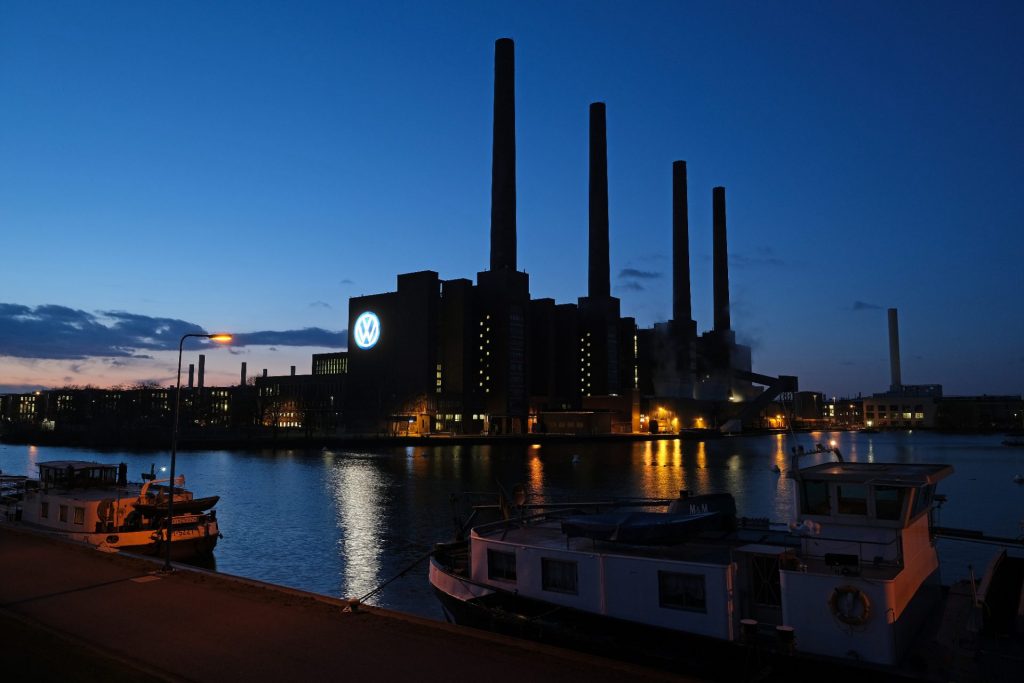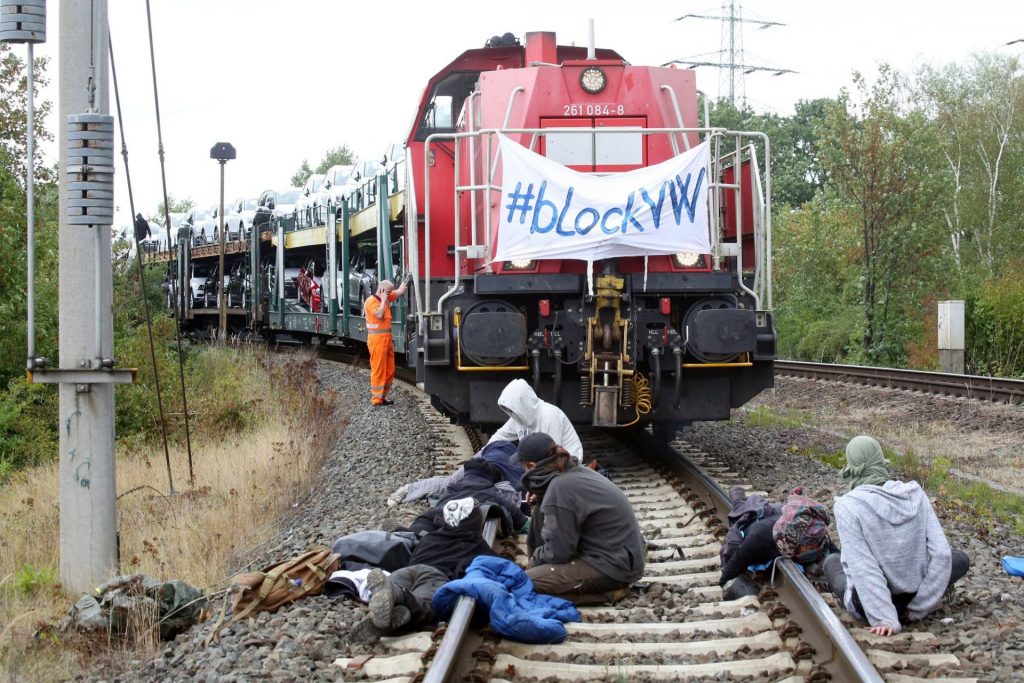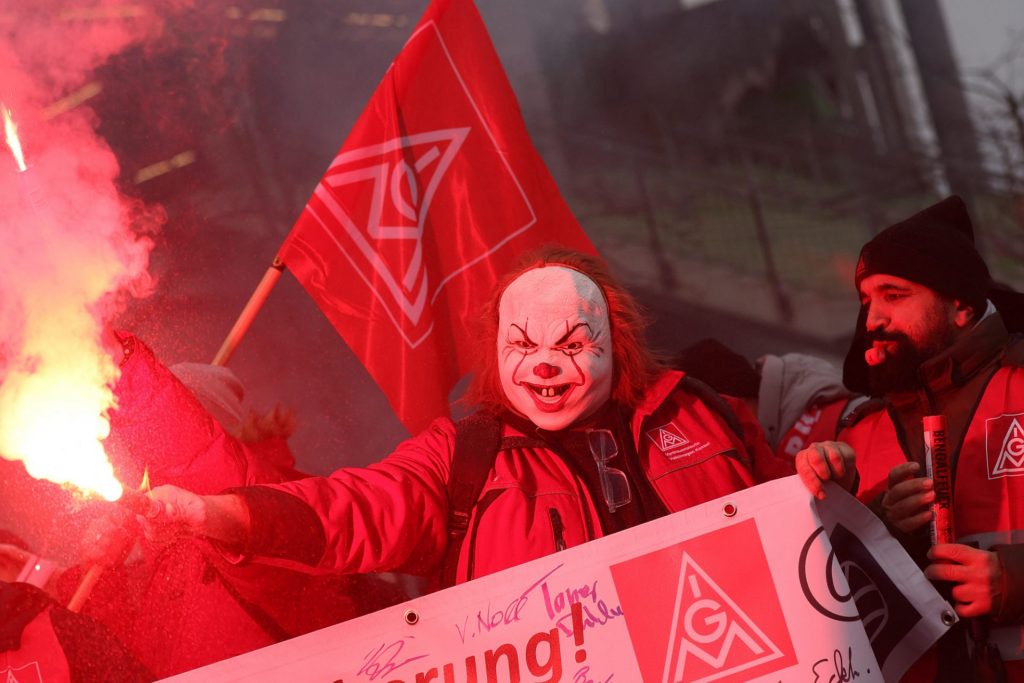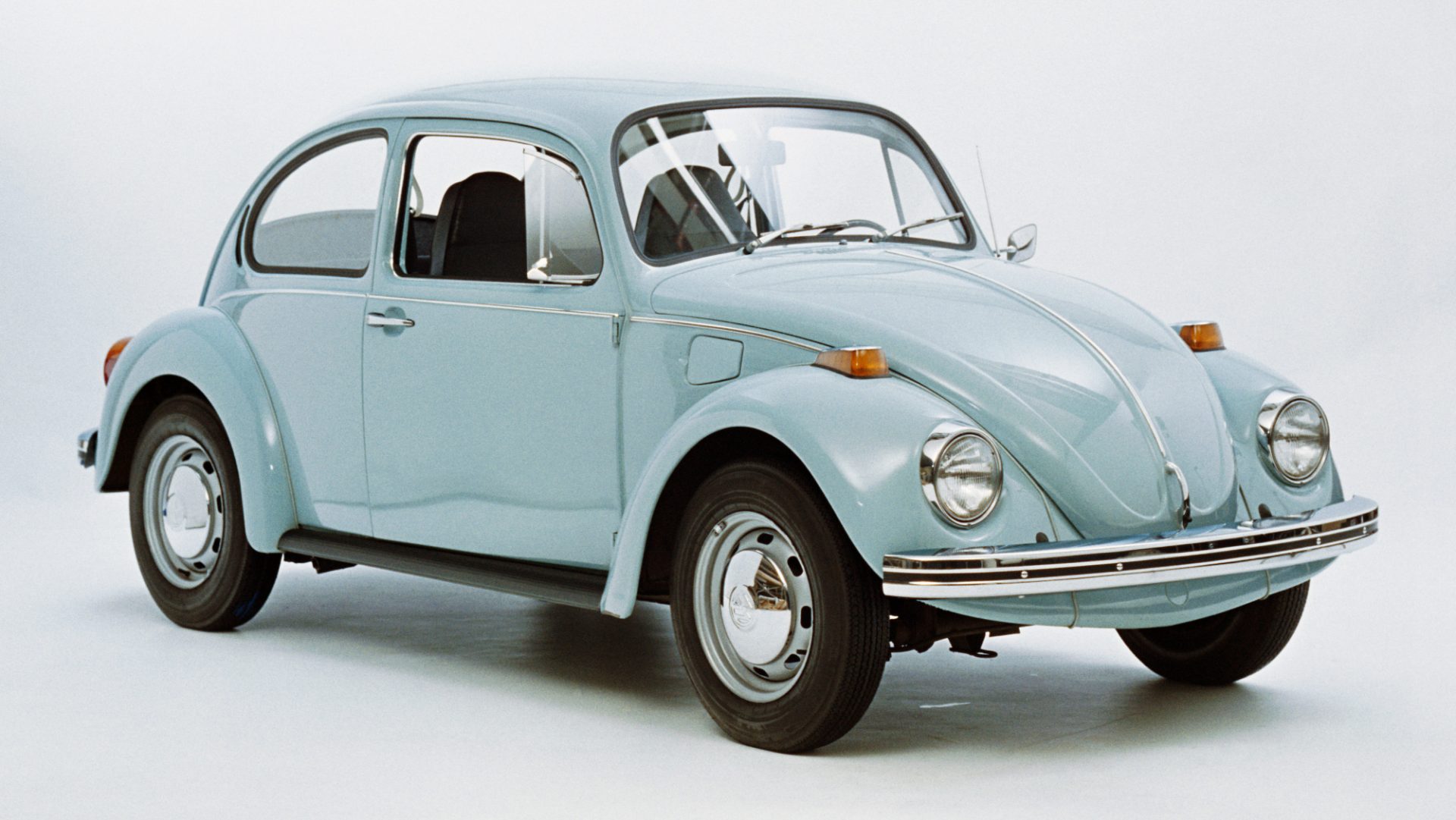Everyone who lives in Germany competes with their stories of bureaucracy, inefficiency or quaintness. To buy a house you need a notary (at considerable expense) before whom you are asked to read the contract out loud. Some people still send documents by fax. Many demand payment in cash. Then there are the broadband speeds. And of course, the trains.
People point to a country that has failed to modernise its economy and that was hopelessly naive in its foreign policy. They know by heart the now familiar refrain: “We outsourced our defence to America, our energy to Russia and our trade to China.”
Much of that critique is correct – but it is also overdone. Germany is not collapsing. Even if politics is paralysed and the economy sluggish, societal cohesion remains strong. These caveats out of the way, Germany enters 2025 with Donald Trump looming large and elections looming that are almost certain to spell the end of Olaf Scholz’s miserable three years at the helm. In the medium term there is light at the end of the tunnel – but in the short term, the problems will get worse.
For decades the car industry has been at the heart of the German brand. It accounts for about 1.8 million jobs, 8% of economic output and 16% of exports. The symbol for the nation’s crisis is made up of two letters: V and W. Volkswagen, the people’s car that rose from the ashes of the Nazi era to become the nation’s middle-class vehicle of choice, is threatening to carry out the first factory closures of its 87-year history.
Up to 30,000 jobs are threatened at VW, and the sites targeted for closure span the whole country: Emden (in the north-west), Osnabrück (in the centre) and Chemnitz (south-east). What is often overlooked by foreign observers is the role that corporate Germany plays in the social fabric of German towns and cities. Companies are expected to keep a paternalistic hand on their communities, sponsoring local football teams, cultural organisations and education institutions. In Wolfsburg, the medium-sized town where VW is headquartered, around half of the entire workforce is indirectly employed by the firm. That dominance is the highest in a country where one-company towns are often the norm.
The role that unions play in company supervisory boards is a proud and long-established German tradition. This is the social market economy, Sozialmarktwirtschaft, in action. It works – until something dramatic happens.



Negotiations with the main trade union, IG Metall, have been fractious. VW bosses insist they have no choice. The numbers point in one direction: third-quarter profits collapsed by 64% as sales of electric cars plunged across Europe. China has eaten Germany’s automotive lunch. Electric models such as BYD, heavily subsidised by the Chinese state, are dominating China’s domestic market and steadily eroding Germany’s international market share.
The German car industry workforce has good reason to be furious with its management – when Elon Musk and others piled in on electrification, they failed to keep up. VW was especially culpable. Around the same time as others were pushing on with electric vehicles, it was rumbled by American regulators for doctoring emissions figures in its diesel engines.
In the early-2010s, it had made a push to sell diesel cars in the US, backed by a huge marketing campaign trumpeting its cars’ low emissions. After an investigation by American regulators, the company was forced to admit that about 11 million cars worldwide, including eight million in Europe, had been fitted with a so-called “defeat device”, a piece of software in its engines that could detect when they were being tested, changing the performance to improve results.
The role reversal is poignant. Everyone remembers those pictures of Detroit and other great decimated US industrial cities. Now the once-struggling auto industry in the US is steaming ahead, partly the result of the Inflation Reduction Act. That piece of legislation offers incentives to car manufacturers going green, mining companies and technology firms, and promotes the establishment of chip and battery factories.
Chastened by “Dieselgate”, VW overhauled its management in the US and started a charm offensive. Although hopes were high at the time of the 2022 launch of its US-made vehicles, with staff plastering its American headquarters in Virginia with mock-ironic “Make Volkswagen Matter Again” stickers, sales of new brands faltered. To make matters worse, the company was forced to halt production due to a technical defect.
Squeezed in America, German car firms hoped to find a happy home in China, as the rest of the German economy had been doing for years. German goods exports to China rose by 34% between 2015 and 2020, even as other countries’ fell, and governments were growing alarmed at the increasing authoritarianism and protectionism by the Beijing government.
Suddenly in the last two to three years, German car sales plunged. While China remains its largest market, its share has almost halved. Sales of BMW and Mercedes in China are also down. As recently as 2020, China was a net importer of cars. But in 2023 it became the world’s largest exporter, overtaking Germany for the first time.
So what went wrong? Part of it was big-power politics; part of it was poor analysis based on wishful thinking; part was a failure to embrace modernisation (an increasing German problem across the wider economy). Germany’s big carmakers were too complacent and assumed that the Chinese market could help them in the pivot to electric vehicles. But China’s new brands benefited from huge state subsidies and lower labour costs. China’s EVs are not only more affordable than foreign ones but – experts say – they are often a better drive.
All this forms part of Xi Jinping’s Dual Circulation Strategy. Launched with little fanfare in 2020, it is an attempt by China to have its cake and eat it. China makes it hard for outsiders to compete for its domestic market, while it continues to go hell for leather overseas. That is why the European Commission – to the consternation of Scholz, ever fearful of retaliation – voted for tariffs on Chinese EV imports.
That is why Trump is about to unleash his tariff wrath not just on China – although it will take the biggest hit – but on any country that enjoys a trade surplus with the United States. And that means Germany. Some economists are forecasting that the new “Trump Tariffs” could remove one percentage point from German GDP. In truth, nobody really knows, because nobody knows Trump’s mind.
If recent history is anything to go by, the Germans are in for a particularly bumpy ride. Trump had a particular loathing for Angela Merkel. He never got over the fact that the chancellor, supremely popular as she was during her peak in the mid-2010s, was made Person of the Year by Time magazine. He found her deliberative form of politics anathema. She found his vulgarity hard to take.
Since her departure from the scene in December 2021, Merkel’s reputation has plunged from hero to zero. She is now ritually denounced by many Germans for her failure to modernise the economy, or to grasp the Russian and Chinese threat.
In February, her Christian Democrats are almost certain to win back the government, but the party bears few of her hallmarks. Friedrich Merz, the probable next chancellor, has moved the CDU back to its traditional conservative roots. A long-time rival, Merz departed the political scene for several years in frustration at losing out to her.
Merz is acerbic in character – a German version of Michael Howard. He is not a people-person; he wants to leave a mark. Although he dreams of an outright majority, the voting system will not deliver him that. He will have to work with either the Social Democrats (once they have ditched Scholz) or with the Greens and if he wins big enough, he will be able to dictate the terms of a coalition. Then he can start the massive task of forcing through significant policy change.
This is likely to involve a change to the government’s highly restrictive borrowing rules, the debt brake or so-called “black zero”, a constitutional norm that limits the federal government’s annual structural budget deficit to 0.35% of output. This has stymied investment in public services, leaving infrastructure – including the talismanic Deutsche Bahn railway service – reeling.
Merz is likely to accompany that with a cut in the minimum income guarantee, the so-called Citizens’ Benefit, or Bürgergeld. This is seen by free marketeers as a disincentive to hard work, but the SPD and the Greens see it as perhaps the outgoing government’s biggest domestic achievement.
On the international stage, Merz will cut a tougher image than his predecessor. Unlike Scholz, the robotic tactician, he believes he will be able to talk tough to Trump – and earn his respect. Mal sehen, as the Germans would say: “We shall see”. Given his pugilistic personality and given that time is not on his side, Merz may either succeed in a way that will surprise his detractors, inside and outside his party, or he will crash and burn.
The mood in Germany – among much of society, but by no means all – appears ripe for change. A failure to digitise and modernise, and a failure to embrace services, has reinforced a sense of a country in the slow lane. Meanwhile, the drip-drip of bad data continues: big firms including Thyssenkrupp, Bosch, ZF Friedrichshafen and Continental are all shedding jobs.
We’ve been here before. Germans impaling themselves in self-criticism, Brits luxuriating in Schadenfreude (a word made in Germany but designed for us). Many remember the Economist’s 1999 cover, “the sick man of Europe”. The incoming chancellor then, Gerhard Schröder, (the man who subsequently fell in love with Putin), initiated reforms that were deeply controversial and, by German standards, extremely radical. And they worked.
Will something similar happen this time? Merz will – if he succeeds in loosening the borrowing restrictions – have more money to spend. A harder task will be to change mindsets, particularly in a business community used to never-ending trade and to cosy relations with government.
Germany still has strong brands and engineering prowess. As during the pandemic, with the discovery of the mRNA vaccine, it is steadily moving into new battery technologies and other soft- and hardware relating to renewable energy. If Merz is serious about beefing up the defence industry, there is serious potential for growth there, as in many other parts of the German economy.
The dangers lie not in the wrong decisions but in the absence of decisions. Not in failure but in the refusal to take risks.
In the next few months, in the absence of a meaningful government and with strikes and closures looming, the clouds will grow darker. Beyond that, Germans have their fate in their hands. If they embrace change, don’t bet against them.




